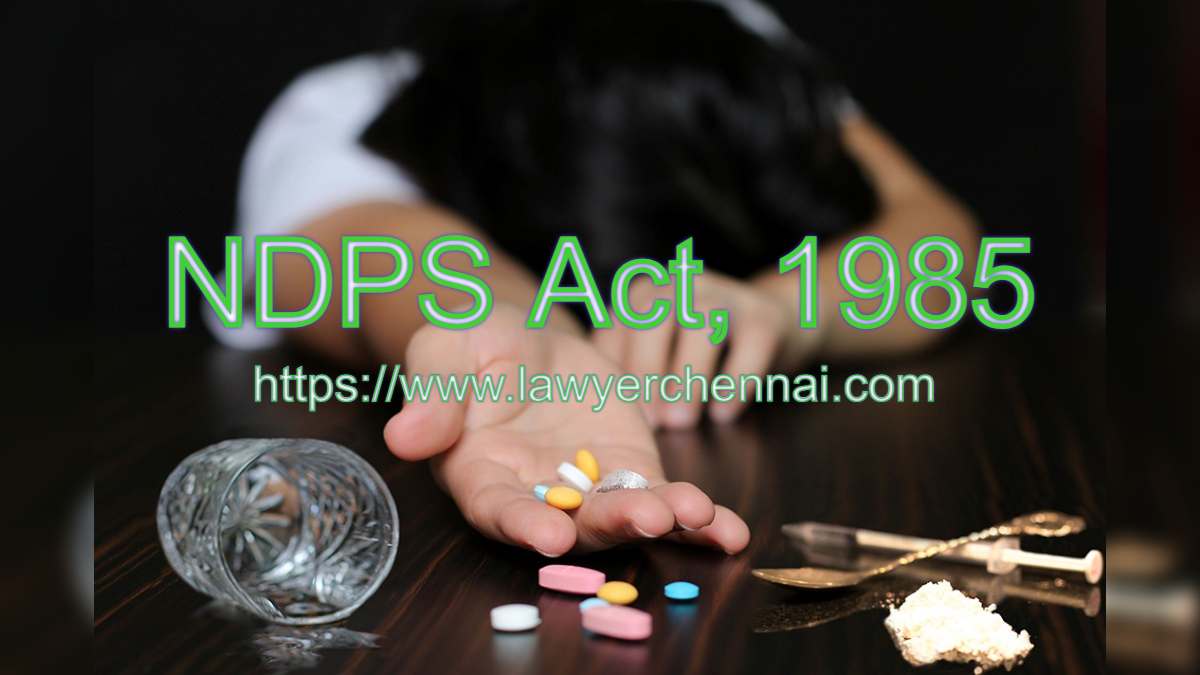The NDPS Act, 1985 : The Narcotic Drugs and Psychotropic Substances Act (NDPS), 1985 is one of the harshest laws in the country. It prohibits the cultivation, production, possession, sale, purchase, trade, use, and consumption of narcotic drugs and psychotropic substances except for medical and scientific purposes under license.
The Act has been amended twice; in 1989 and 2001. The first amendments in 1989 leaned towards greater stringency by introducing mandatory minimum sentences of 10 years, restrictions on bail, and mandatory capital punishment for repeat offenders. Following the amendments, persons caught with small amounts of drugs faced long prison sentences, without the possibility of release on bail. Courts criticized the harsh and disproportionate sentencing structure, which led to a fresh set of reforms in 2001 to rationalize punishment on the basis of whether the quantity of drugs involved is small, commercial, or intermediate and provides some leniency towards drug offenders who also use drugs.
Stringent Provisions of the NDPS Act:
- Mandatory minimum sentence of 10 years‟ imprisonment for certain offences.
- Presumption of guilt and reversal of burden of proof.
- Severe restrictions on grant of bail.
- Pre-trial detention of up to 1 year
- No suspension, remission and commutation of sentences
- No release on probation for offenders‟
- Enhanced punishment (up to 30 years imprisonment) for repeat offenders
- Compulsory death sentence for subsequent conviction for specific offences
- A person arrested under the Act for minor offences like consumption and those involving small quantity of narcotic drugs and psychotropic substances is entitled to bail.
Treatment Provisions under the NDPS Act
- “Addict” is defined as a person who has dependence on any narcotic drug or psychotropic substance (Section 2(1)).
- If addicts are convicted for consumption or offences involving small quantity then they can be diverted to treatment by the Court, instead of prison, for undergoing treatment for detoxification
- (Section 39).
- Immunity from prosecution to addicts volunteering for treatment (Section 64A)
Other legal information

![Stellar Attorneys: Corporate Law Firm [Business Lawyers, Company Attorneys and Criminal Advocates]](https://lawyers.org.in/wp-content/uploads/2023/08/cropped-Stellar-Attorneys.png)
